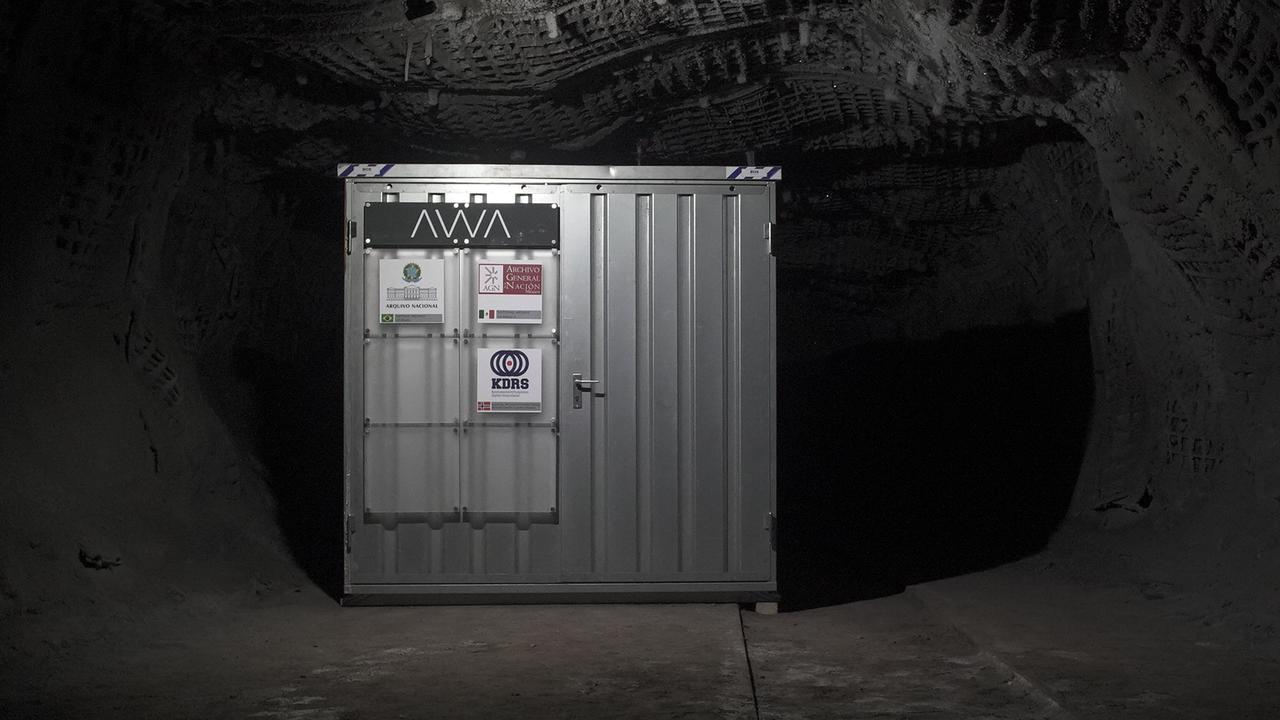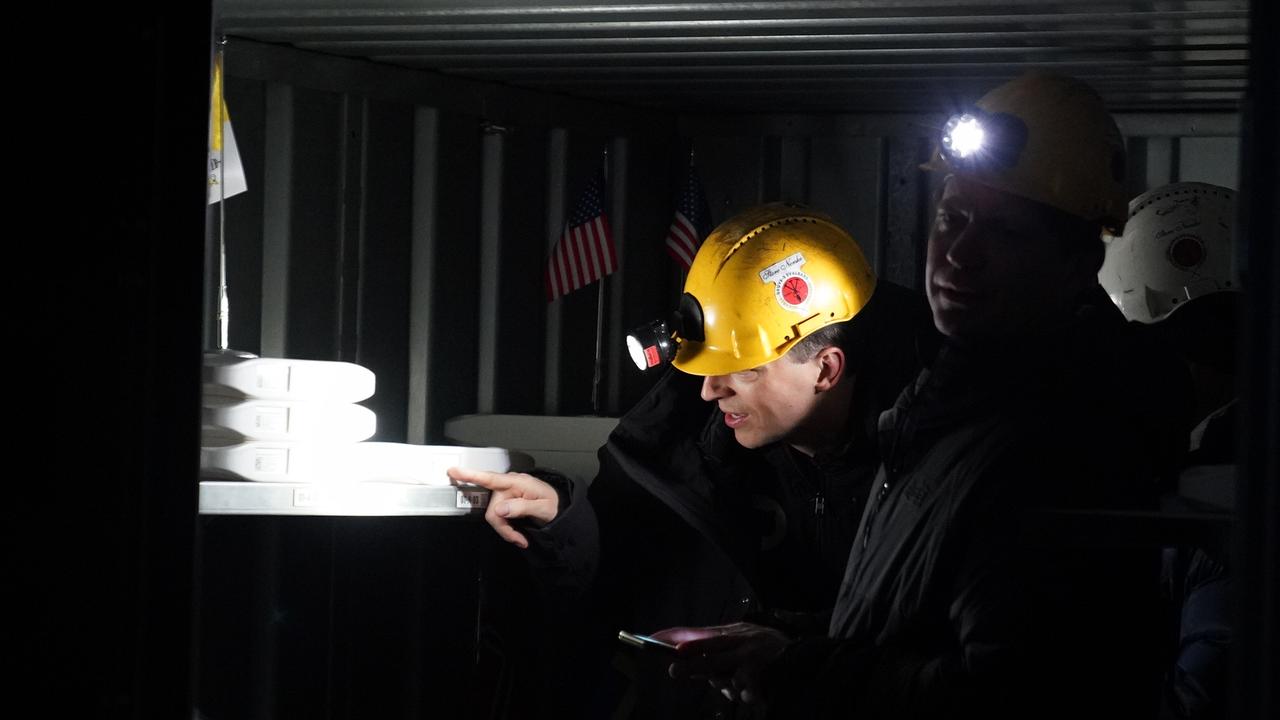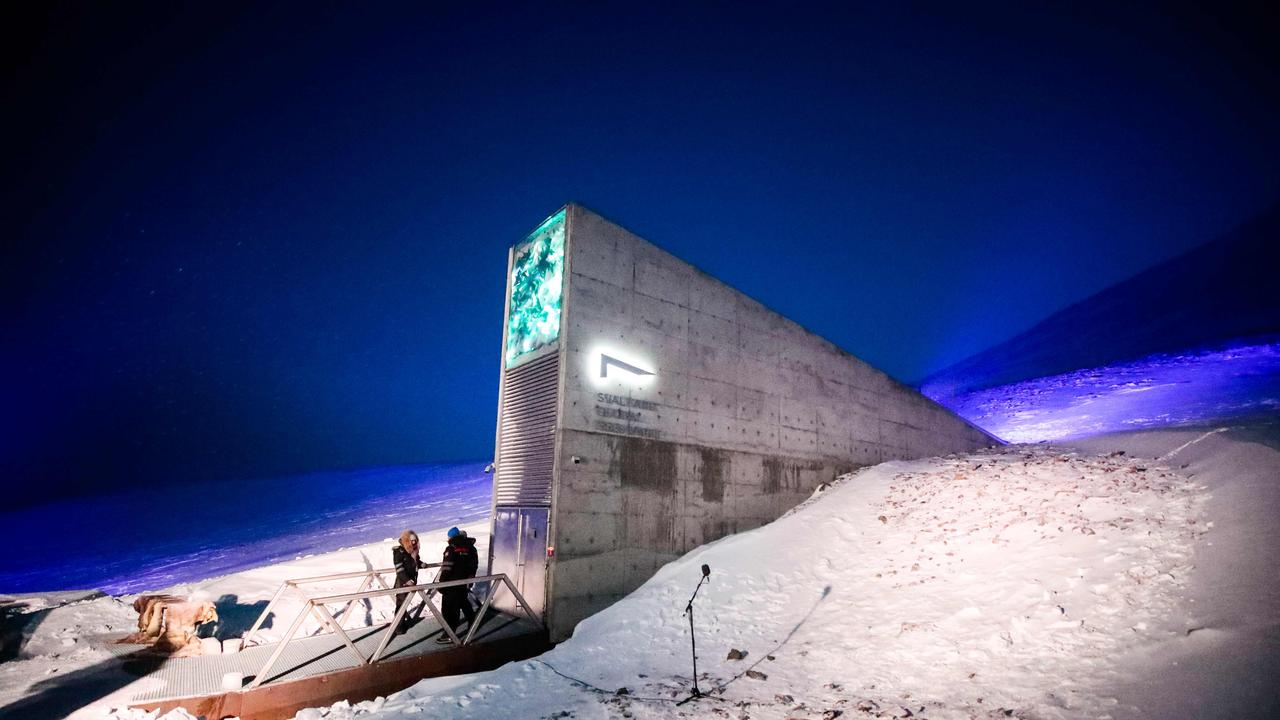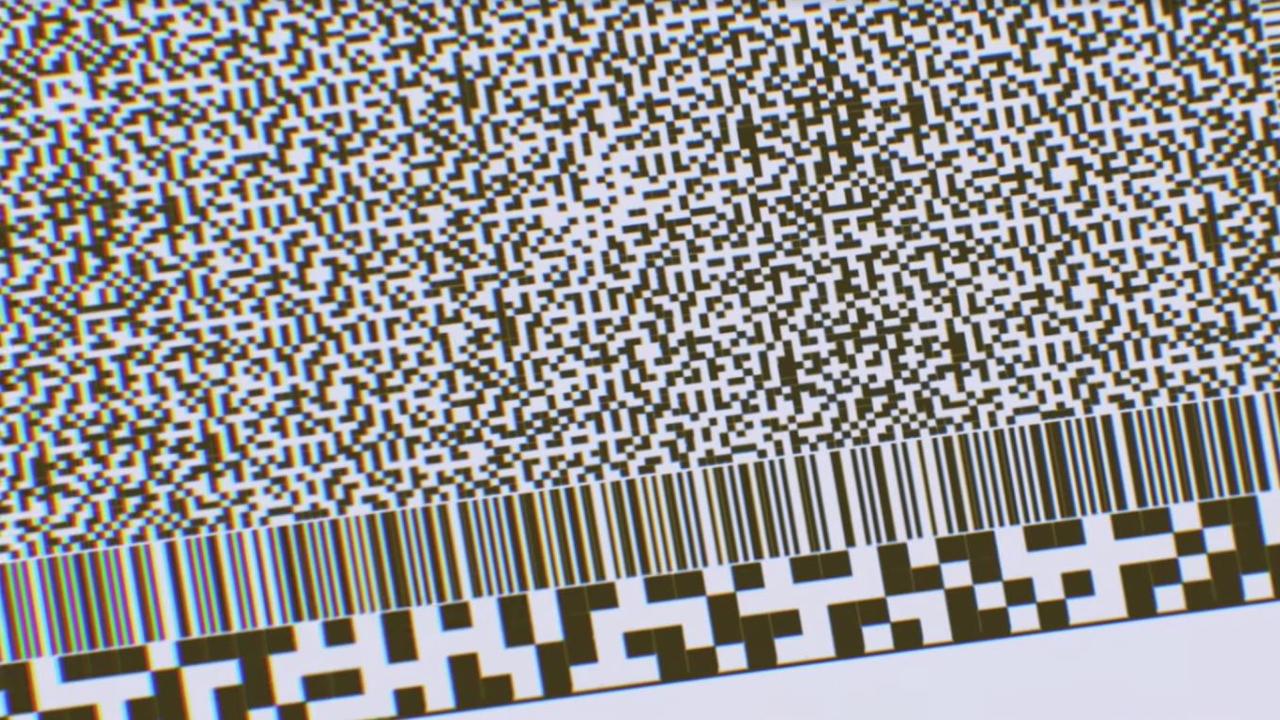Microsoft storing world’s open source GitHub code in Norwegian archive vault for the next millennium
What could be so important that the world is hiding it 250 metres down an abandoned coal mine on a remote Norwegian island?
The secrets of Australia’s unique biodiversity and the collected history of our national library are among the digital treasures being kept in a vault 250 metres underground in an abandoned Norwegian coal mine.
The GitHub Arctic Vault program is part of the now Microsoft-owned code repository GitHub, where programmers can share code with others to check for bugs or for them to implement in their own programs.
The vault is aimed at preserving the information for generations to come.

“The Arctic Code Vault was just the beginning of the GitHub Archive Program’s journey to secure the world’s open source code,” GitHub vice president of special projects Thomas Dohmke told news.com.au.
“We’ve partnered with multiple organisations and advisers to help us maximise the GitHub Archive Program’s value and preserve all open-source software for future generations.”
One of those partners is Norwegian archival experts Piql, who specialise in very-long-term data storage.

The company uses around 200 silver halide and polyester film reels designed to last a thousand years to store the information on a Norwegian island called Svalbard.
“We chose to store GitHub’s public repositories in the Arctic World Archive in Svalbard because it is one of the most remote and geopolitically stable places on Earth and is about a mile down the road from the famous Global Seed Vault,” Mr Dohmke said.
The Global Seed Vault holds a variety of plant seeds duplicated from other gene banks around the world to protect them from regional or global crises (including political unrest and natural disasters).
RELATED: ‘Worse than Cold War’: Warning to Australia

RELATED: Porn stars exposed in data leak
Mr Dohmke said open source code in particular was worth preserving.
“Today, almost every piece of software relies on open source. It’s the lifeblood of the internet, but much of the world’s data is ephemeral, kept on storage media expected to survive only a few decades,” he said.
“As the home for all developers, GitHub is in a unique position and we believe has the responsibility to protect and preserve the collaborative work of millions of developers around the world.
“Ultimately, it’s time to create multiple durable backups of the software our world depends on.”

RELATED: Millions of computers now vulnerable
Of course, the code is not much good without computers to run it on.
To that end, GitHub created a guide to provide “context and direction to the contents in every archive”.
“The guide provides an overview of what software is, an explanation of open source and its ethos, and a technical overview of how to unpack the archive’s contents” to help future generations understand it, Mr Dohmke said.
Some of the coded gems now held in the abandoned coal mine include the Atlas of Living Australia, an open access database with information on Australian biodiversity hosted by the CSIRO.

RELATED: Twist in $200 million crypto scam
Code for the National Library of Australia and “democracy hacker” OpenAustralia is also contained in the vault.
Other treasures include the original source code for MS-DOS (the precursor to Microsoft Windows), the open source code that powers Bitcoin, Facebook reacts, and the publishing platform Wordpress.



